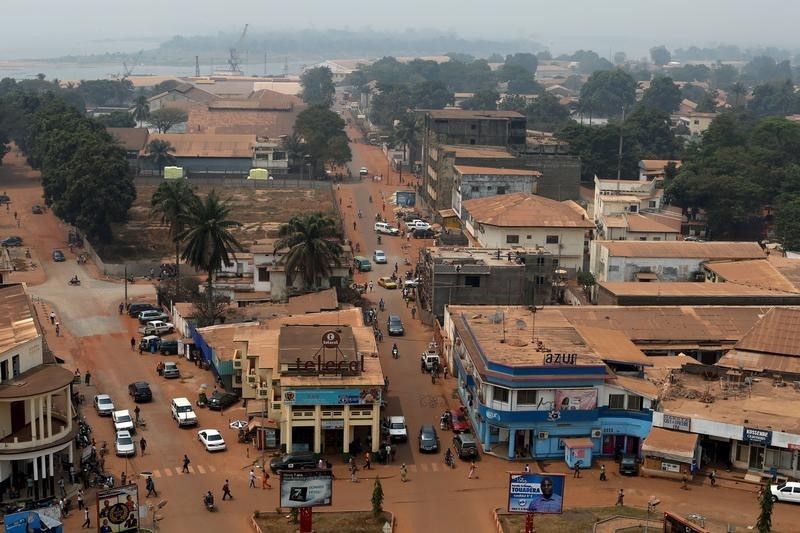By Zoe Tabary
LONDON (Thomson Reuters Foundation) - Little or no access to education and healthcare, poor job prospects and low participation levels in politics make the Central African Republic the worst country in the world to be a young person, an index by a group representing Commonwealth countries showed.
Central African Republic has been plagued by inter-religious violence since 2013 when the mainly Muslim Seleka militia seized power, prompting reprisals from Christian anti-Balaka forces.
Despite a February election touted as a step toward reconciliation, violence is still frequent.
The index released by the Commonwealth Secretariat on Friday ranked 183 nations on employment, education, health and other prospects for people aged between 15 and 29.
Sub-Saharan Africa continued to have the lowest levels of youth development in the world, despite significant progress in the last five years, the index showed.
The 10 countries that score lowest on the index are all from sub-Saharan Africa – the only region where the size of its youth population has not peaked.
According to U.N. estimates, the number of youths globally will rise to 2 billion by 2060 from 1.8 billion in 2015, with most of that growth expected to in sub-Saharan Africa.
"While increases in civic and political participation – though voting or protests for example – in the region are encouraging, they will only get young people so far without corresponding improvements in access to health and education," said Abhik Sen, one of the report's authors.
"Deep inequalities in levels of youth development persist among countries worldwide," he told the Thomson Reuters Foundation in a phone interview.
In North American and European countries, for example, nearly 100 percent of young people can read and write, compared with less than 40 percent in Niger and South Sudan.
Germany topped the index for youth development, followed by Denmark, Australia, Switzerland and Britain.
The report found that youth unemployment was a growing concern with young people at least twice as likely as adults to be jobless worldwide.
Matthew Hobson, a World Bank expert on social protection, said in the report that "global growth and poverty reduction over the next 20 years will be driven by today's young people, yet many of them struggle to find productive employment."
Sudanese billionaire philanthropist Mo Ibrahim said within three generations, 41 percent of the world's youth will be Africans.

"That is a wonderful resource for our continent if it is skilled and employed," he said in the report.